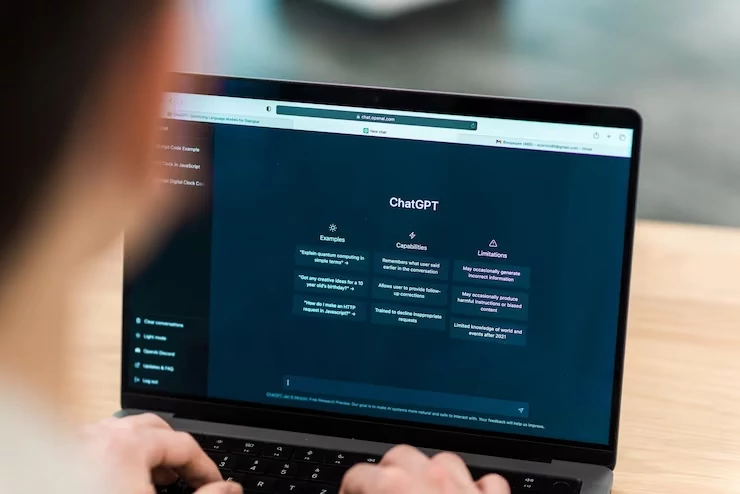Image credit: Frimufilms via Freepik
Prominent authors, including George R.R. Martin, have initiated a class-action lawsuit against OpenAI. They accuse the tech giant of systematic copyright infringement.
OpenAI, the renowned AI research organization turned for-profit entity, is facing a formidable challenge after 17 distinguished members of the Authors Guild decided to take them to court. Led by George R.R. Martin, the literary titans claim alleged copyright violations. The development is raising questions about the boundaries of AI-driven creativity and the protection of authors’ intellectual property.
A Massive Class-Action Suit
The complaint, a class-action lawsuit, is filed in the Southern District of New York. The aim is to include “tens of thousands” of authors who believe their works have been unlawfully employed by OpenAI’s AI algorithms. The plaintiffs argue that OpenAI has utilized their copyrighted texts to train its AI models, including ChatGPT, without obtaining the necessary authorization.
The Allegations Against OpenAI
The lawsuit contains a number of allegations, mostly around intellectual propery rights. These allegations include:
Copyright Infringement: The authors contend that OpenAI’s AI models, particularly ChatGPT, have been “trained” using their copyrighted materials. This effectively violates their intellectual property rights on a mass scale.
Creation of Derivative Works: OpenAI’s AI models, according to the complaint, have generated summaries, sequels, and alternate versions of authors’ works without their consent. This poses a direct threat to their livelihoods.
Impersonation of Authors: Authors have also accused OpenAI of impersonating them. This results in the release of low-quality AI-authored books under their names. They argue that this damages their reputations and professional standing.
OpenAI’s Blackbox Practices
OpenAI has yet to provide an official response to these allegations. The lawsuit shines a spotlight on the company’s practices concerning the sourcing of text data for training its AI algorithms. The plaintiffs suggest that OpenAI may have sourced material from unauthorized or pirated sources. This further compounds the copyright infringement claims.
A Potential Paradigm Shift in AI and Creativity
The lawsuit’s outcome could have far-reaching implications for the AI and literary worlds. It may prompt a reevaluation of the ethical and legal considerations surrounding AI-generated content. It may also raise questions about the responsibility of AI developers to ensure copyright compliance.
The Authors’ Demands
The authors are seeking several remedies, including an injunction prohibiting OpenAI from using copyrighted works without “express authorization.” They also seek damages, with potential compensation of up to $150,000 per infringed work. Additionally, they aim for a resolution that could redefine how AI models access and use copyrighted materials in the future.

